With exponential adaption in the ESG space, companies across the globe are rushing to be amongst the best-in-class suits with an end goal to attract more adaption and investor growth. The challenge arises as there is no standardize norm (yet) like International Organization for Standardization (ISO) which is adopted universally.
In United States, The Securities and Exchange Commission (SEC) has announced a proposal that will up the ante for sustainability disclosure – and rock the boat for investor relations. The proposal would require a domestic or foreign registrant to include certain climate-related information in its registration statements and periodic reports, such as on Form 10-K. Although many businesses already disclose sustainability data, the SEC would make sustainability reporting mandatory.
Meanwhile on the other side of the world, The European Commission has proposed a new standard for corporate sustainability reporting, effective as of the 2023 financial year. In EU, this change is expected to affect some 49,000 companies. The change will apply to listed companies (excluding micro companies) and companies that meet two of the following three conditions: minimum number of employees 250, minimum revenue €40 million and minimum balance sheet total €20 million. As of the 2023 financial year, these companies will have to start reporting in compliance with the new statutory corporate sustainability reporting standard.
On 3 November 2021, the IFRS Foundation Trustees announced the creation of a new standard-setting board—the International Sustainability Standards Board (ISSB). The intention is for the ISSB to deliver a comprehensive global baseline of sustainability-related disclosure standards that provide investors and other capital market participants with information about companies’ sustainability-related risks and opportunities to help them make informed decisions.
ISSB chair Emmanuel Faber said the board holds weekly meetings with the EU’s standards writing body EFRAG (European Financial Reporting Advisory Group), but that the time pressure the EU is under creates “complexities”.
“I would hope that our EU colleagues in the discussions feel that the prize of aligning is such that it’s worth having more time, if needed,” Faber told the European Parliament.
“I think on climate I think we are very close on substance,” Faber added.
The ISSB aims to set a “global baseline”—an internationally consistent minimum standard of required disclosure for sustainability reporting by companies to investors—that would also help companies meet the requirements of national regulators.
Some high-level challenges with ISSB can be that the draft ISSB climate standard proposes that companies should be required to report scope 1, 2, and 3 emissions. This is significantly different from the SEC’s proposal, which mandates reporting only on scopes 1 and 2. The SEC requires scope 3 disclosures only in certain circumstances. This raises the risk of further divergence in reporting practices regarding scope 3 emissions.
Multinational companies, the European Central Bank and International Monetary Fund have called for alignment between the EU, ISSB and the United States, which has proposed its own disclosure rules, to avoid fragmentation in approaches that would increase compliance costs.
There are many standards available which includes TCFD, GRI, SASB, ISSB, etc., and companies across the globe are adapting the ones which suits them the best. The same is supported by Morningstar’s article dated September 23, 2022 where the company is believes that there will not be a single global standard anytime soon.
There are many standards available which includes TCFD, GRI, SASB, ISSB, etc., and companies across the globe are adapting the ones which suits them the best. We at Hydrus.ai are compatible with all the reporting standards and companies can easily capture, calculate, analyze and structure the data as per their comfort. Hydrus.ai believes in simplicity.
Hydrus.ai is an Environmental, Social, and Governance (ESG) software platform focused on helping corporations and asset managers properly collect, report, and analyze critical yet divisive sustainability data with AI and ML. Hydrus aims to be an organization’s ESG operating system. The Hydrus philosophy is unlike any other ESG software platform that is on the market. At Hydrus, we have mapped all of the major ESG standards within our platform and have crossed mapped them so that if one standard asks for the same thing as another standard, you don’t have to enter it in more than once saving time and money. Additionally, during the data collection process, not only do we collect data, we collect information on who is responsible for the data, who made changes to the data, time collected and any other supporting documentation. This allows for data to be audited by a third party and allows for a transparent data trail. Again, cutting down on time and money. Our goal is to help companies disclose their data as simply and as accurately as possible.
Source:
https://www.efrag.org/?AspxAutoDetectCookieSupport=1
https://www.ifrs.org/groups/international-sustainability-standards-board/



